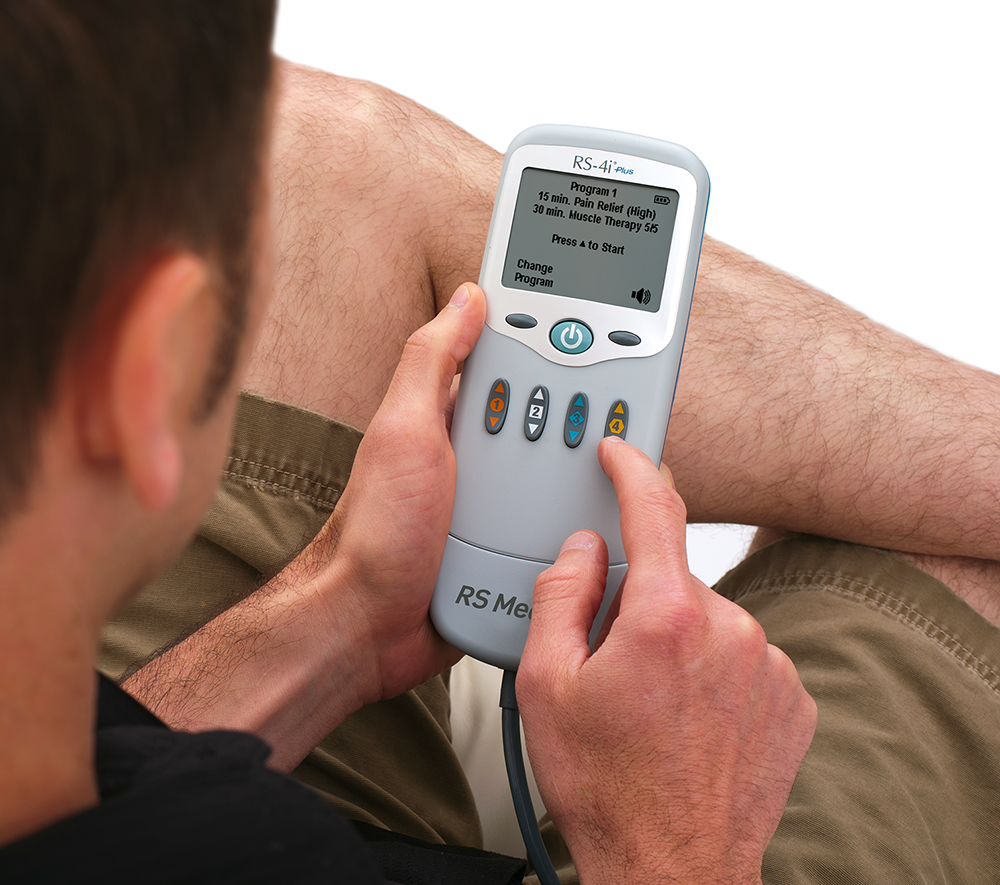For patients living with central sensitization, the nervous system goes through a process known as a “wind-up” and devolves into a constant state of high reactivity. This heightened state lowers the threshold for what causes pain and subsequently comes to maintain pain even after its source, whether an injury or illness, is no longer present. The result is it takes almost nothing for these patients to experience severe pain.
Read MoreThis shift away from just treating the pain toward a model that treats the whole person is rooted in a growing trend called patient-centered care – what the VA calls Whole Health. While this change may seem strange at first, it offers patients more options and increased independence for managing chronic conditions. Treatments that can be self-managed – during the day or especially at night – allow patients to get the necessary pain relief in their actual moments of need.
Read MoreNot surprisingly, there’s a wide range of prices for TENS units, and those are influenced by the performance – that is, the sophistication of a device’s features and the variety of programs it offers. Prices range from under $100 to several thousand dollars, but picking the right device doesn’t have to be challenging with a bit of guidance about how to compare units.
Read MoreKnowing that all TENS units are different is a start to learning about transcutaneous electrotherapy. Each of the 5 signal types commonly offered by TENS units is “tuned” for a different purpose – for instance, causing a muscle to contract or preventing a nerve from transmitting pain signals. This presents a guide to understanding the therapeutic value of each signal and is the first step to determining the best device for the patient.
Read More




